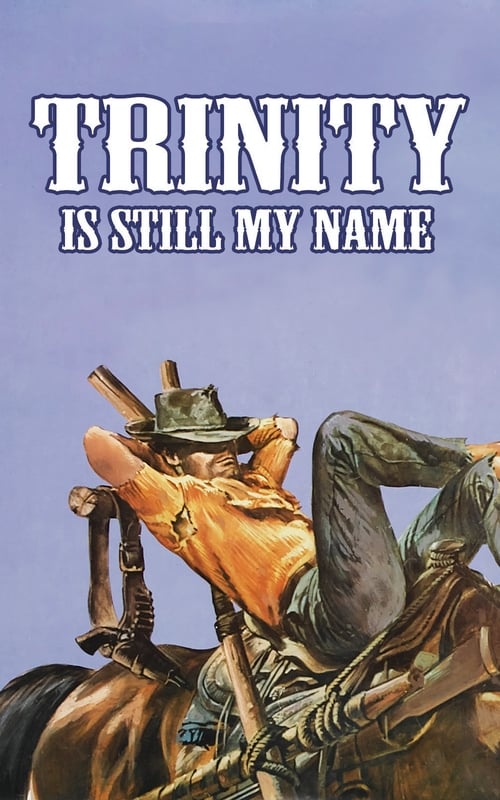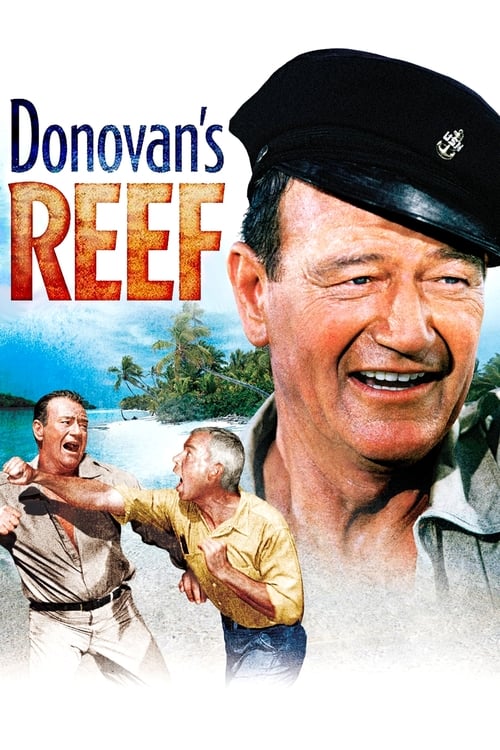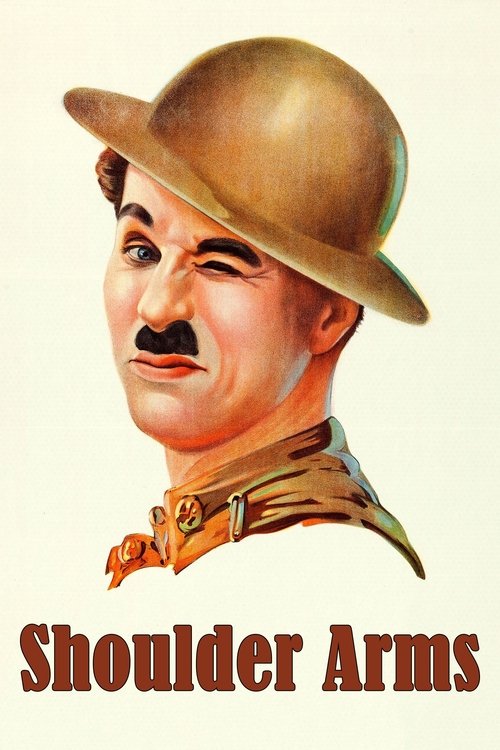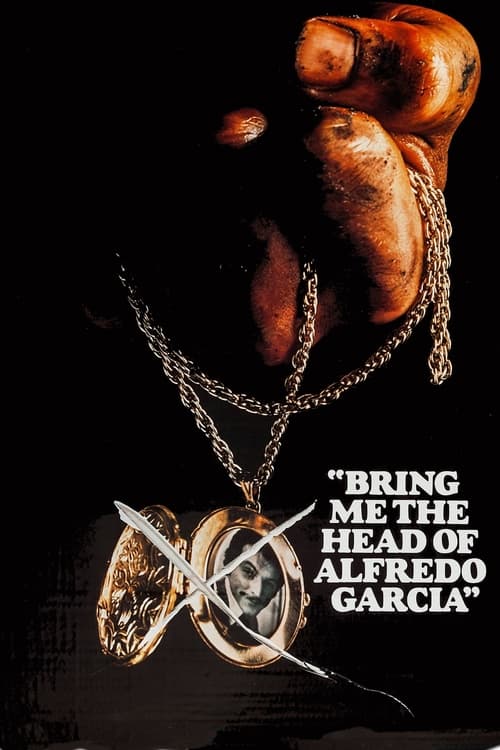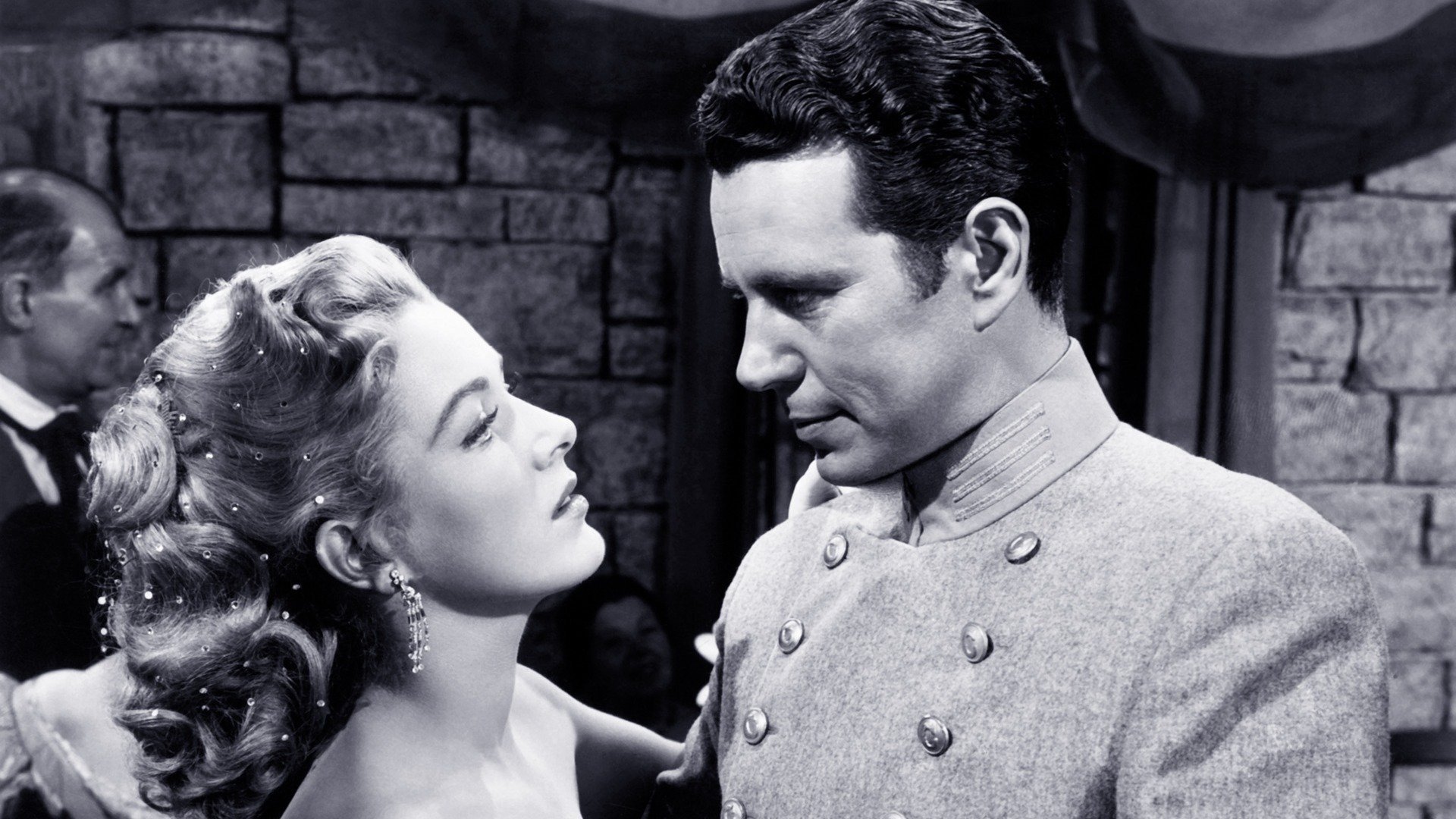
1953
Escape from Fort Bravo
Western
7.0
User Score
81 Votes
Status
Released
Language
en
Budget
$1.520.000
Production
Metro-Goldwyn-Mayer
Overview
A Southern belle frees a Rebel officer and his men from a Union captain's Arizona fort.
Review

John Chard
7.0
When you're in the grave, Beecher, it doesn't matter too much how you got there.
Escape from Fort Bravo is directed by John Sturges and collectively written by Michael Pate, Phillip Rock, Frank Fenton and John Forsythe. It stars William Holden, Eleanor Parker, John Forsythe, William Demarest & William Campbell. Jeff Alexander scores the music and Robert Surtees photographs it primarily in and around Death Valley in California, USA.
"In 1863 while the War Between the States still raged, a large group of Confederate prisoners were held in a sun baked stockade at Fort Bravo, Arizona Territory. Captor and Captive - - these men in blue and grey - - eyed each other with hatred. In the wilderness around them a common enemy eyed them both - - the deadly Mescalero Indians"
Escape from Fort Bravo has some notable points of interest that go with it. 1953 was the year that William Holden went "A" list and started to get "big" money, along side this picture he also made Stalag 17 and picked up the Best Actor Oscar for his efforts. The film also serves notice of what a fine director of action John Sturges would become, he of course would go on from here to be known for such film's like Bad Day at Black Rock, Gunfight at the O.K. Corral, The Magnificent Seven and The Great Escape. Of interest, too, is that the film was shot in the rarely heard of Ansco Color. Ansco Color was the American off shoot of the German Agfa Color, used notably by MGM, Ansco would eventually evolve into Metrocolor.
As for the film itself? Entertaining and efficient with just enough in its last quarter to keep it away from merely being routine. The premise is a solid one, we have a unique situation where the prisoners of this stockade are not manacled or locked up. Such is the harshness of the surrounding desert and the hostile Indians that dwell there, Holden's tough and grizzled Union Captain doesn't feel the need to properly incarcerate the men. We then get a crafty "infiltration" of the stockade and it's here where the film sags a little as too much time is spent on fleshing out a potential romance. Thankfully Sturges pulls it all together for a grand last quarter that sees enemies forced to come together in the hope of surviving. It's here where we are treated to some psychological warfare and a memorable form of attack from the Mescalero's.
The acting across the board is effective, with Holden naturally the stand out doing one of his moody turns, while Surtees brilliantly captures the beauty, yet perfect harshness, of Death Valley. Major plus point is the score from the often forgotten Jeff Alexander (Jailhouse Rock/Party Girl). The title song for the film is "Yellow Stripes" by Stan Jones, this is reworked to good effect throughout, this is also notable for being used in John Ford's Rio Grande in 1950. There's the tender strains of "Soothe My Lonely Heart" (also used in Cat on a Hot Tin Roof) and Alexander cleverly mixes that up to portray the pace and tones within the piece. It's a top score that wouldn't have been out of place in an "A" Western.
There's some distracting sound stage work that belie the fine work of Surtees' outdoor shooting, and the afore mentioned overkill of tedium as the romance angle is stretched too far. But it's a good production and never less than enjoyable. 7/10
Read More 